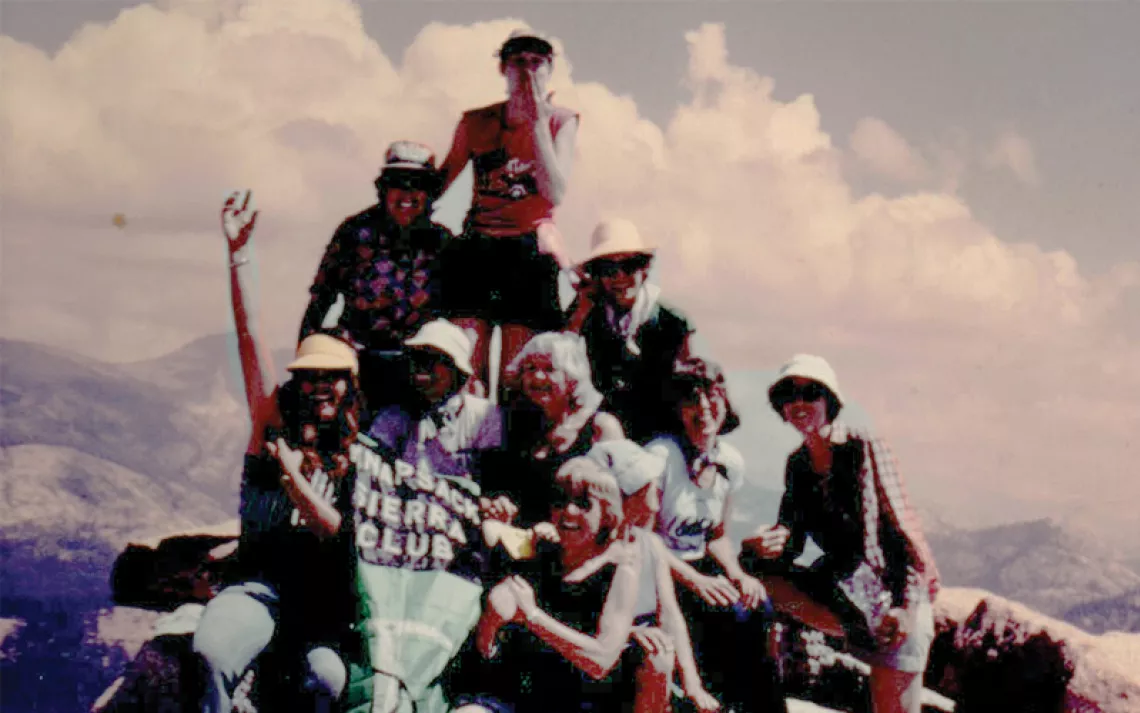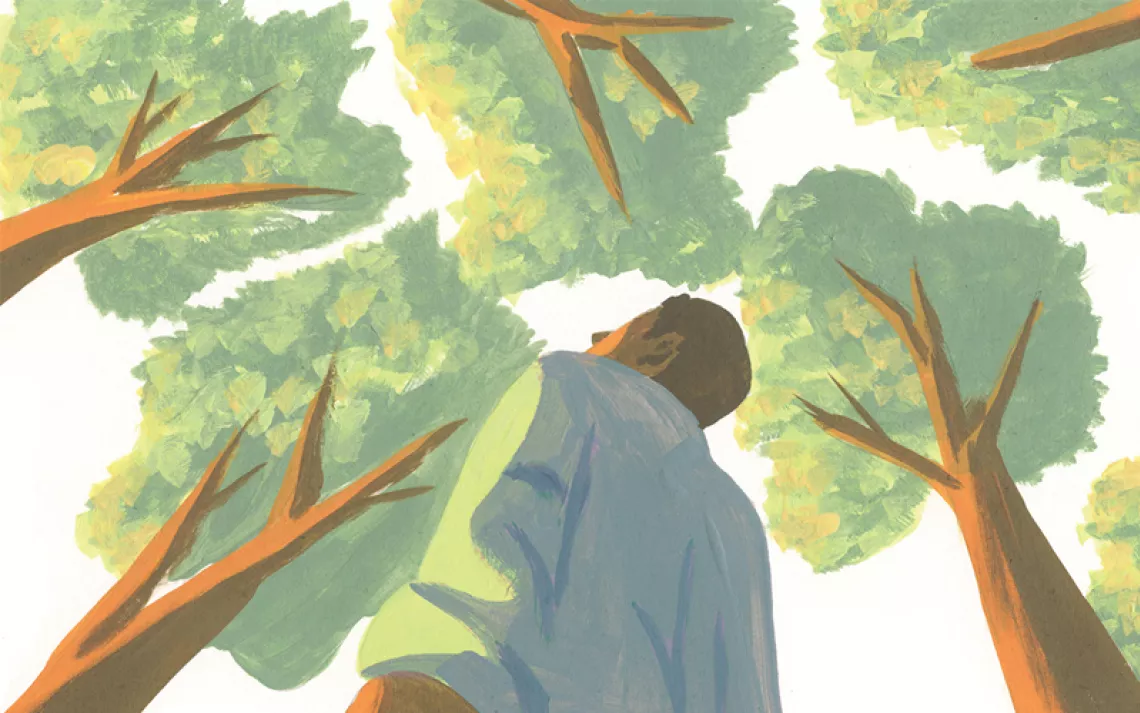What to Do After Being Hit By Lightning
A lightning strike knocks you unconscious. Do you need medical attention?
Visiting Rocky Mountain National Park, I'd gone on an easy, flat hike to a pretty lake with my family. Wanting a challenge, I decided to hike cross-country over two ridges back to the campground.
"Oh look, a perfectly blue sky!" said this California native. "What could go wrong?"
Ask the Expert
Mary Owens is a nurse-practitioner and a co-chair of the Sierra Club's Rocky Mountain Subcommittee.
"The ranger was wrong. Anyone who has been hit by lightning, either directly or indirectly, requires urgent medical attention. Loss of consciousness, chest pains, difficulty breathing, and neurological symptoms (like R.L.'s speech difficulty and numb mouth) are definite danger signs. And of course, when the thunder and lightning started, R.L. should have gotten below the treeline."
 The Magazine of The Sierra Club
The Magazine of The Sierra Club







